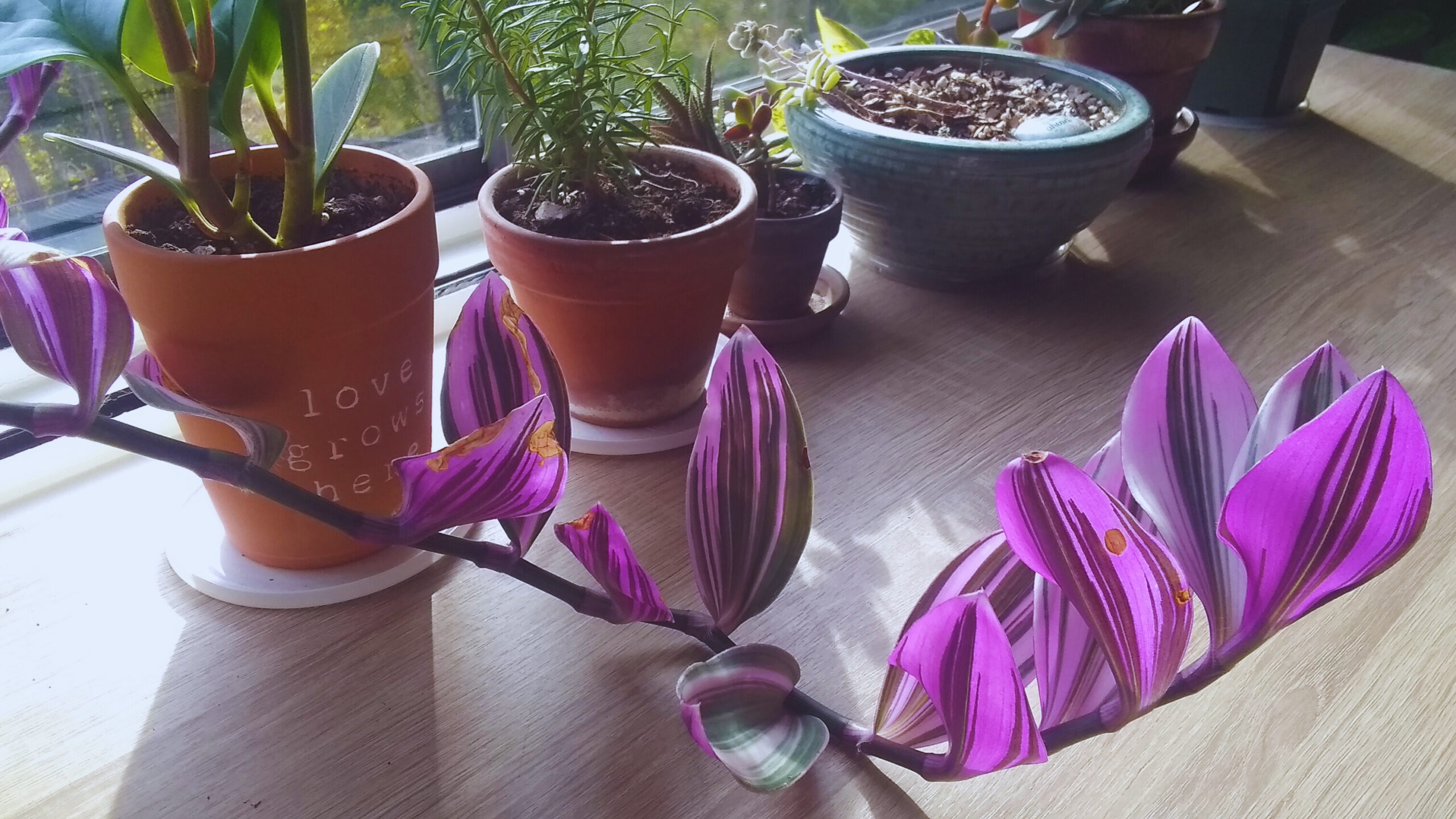Content warning: This post mentions suicide.
When you go to the emergency room in a major city, it’s a given that you’re going to encounter people from all walks of life. When you go to the emergency room and get admitted for psychiatric reasons, you’re all but guaranteed to come away with a greater understanding of the diversity of mental health and people’s lived experiences.
Before my crisis, I didn’t know anyone who had been to the hospital for mental health. If you had asked me my understanding of mental health at the time, I would have said something like, depression, anxiety, trauma, and the mitigating steps you can take for your mental health, like exercising, meditating, and doing yoga. Medication, mania, psychosis, paranoia, hospital stays, and suicide attempts simply weren’t on my radar.
Given my ignorance of this side of mental health, it was a shock to find myself a sudden inhabitant of this alien sphere. Everything was new, down to the language people around me were speaking: “PRN,” “got sick,” “antipsychotic,” “are you safe?” It would be a lot for anyone to take in, much less someone experiencing psychosis.*
*Psychosis is characterized by delusional thinking, hallucinations, paranoia, and suicidality.
Very quickly, I came up against some long-held beliefs I had about mental health and mental illness. For one, I was adamant that my providers were wrong about my diagnosis as bipolar. I remember feeling anger and aversion when it was suggested. I thought, they don’t know me. I’m not one of those people.
The truth is, I had never personally known someone with bipolar disorder. What I knew about it came from a friend of a friend who was an artist and had bipolar. I understood it in the stereotypical way that most people do, of cycling between mania and depression, of mood swings and erratic behavior. There was a pervasive feeling inside me that people like my friend’s friend should be avoided, that they couldn’t be trusted.
I think my beliefs were absorbed from a culture that misrepresents mental illness and stigmatizes those who experience it, but I also think it came from closer to home. In my family of origin, my father was “the one” with mental health issues. Because we were often at odds with him, this was “his” issue, and from a young age, I associated mental illness with “bad” people. I remember my psychiatrist asking about my father’s health history to see if there was bipolar in the family, and I got offended, vehemently denying I had anything in common with him.
I mentioned in my last post it took 18 months and three hospital stays to correctly diagnose my bipolar disorder. Some of this came from my beliefs about bipolar and the people who experience it. Some of it was practical; a single episode could be a one-off, but two or three episodes becomes a pattern. It would take learning more about myself and the disorder over time to fully accept it. My fellow patients in the hospital were invaluable in this. They challenged my beliefs about “us” and “them” because when you’re all in hospital gowns, there’s not much separation between you anymore. All of a sudden, you are “them,” and what do you do with that? Either you stubbornly hold onto the beliefs you have, or you slowly let them evolve into something else.
It makes me think about how we make assumptions about people we view as “other” that don’t get challenged until we have a direct experience in our lives or those closest to us. This extends beyond mental health. When I went through my first episode, my entire life fell apart. If it weren’t for my family’s ability and willingness to take me in, I could have easily wound up in shelter, as many people with mental health issues and no safety net do. Like “bipolar,” “homeless” is another label I had beliefs around, but little understanding of, until I got close to it.
I think I’m like most people in that my perspective and understanding are limited by what I’ve experienced. My family and I got a crash course in mental health issues via our journey through crisis and recovery together, but the process of changing my beliefs didn’t happen automatically. It took time, reflection, learning, and therapy. Examining my core beliefs in cognitive behavioral therapy was one way. Learning more about myself and my disorder was another, as education chips away at our ignorance, literally, “not knowing.” It helped that the people around me learned all they could in order to better support me, and themselves, on this journey.
It’s easy to make assumptions about people, especially people at the margins of society, until we’ve walked in their shoes. Because of my experiences, I’m much more open-minded and non-judgmental than I used to be – and I’m more open to admitting my areas of ignorance. I truly believe that getting to know the experiences of other human beings creates more empathy, compassion, and understanding in the world. My hope is to be a small part of that.


Leave a Reply